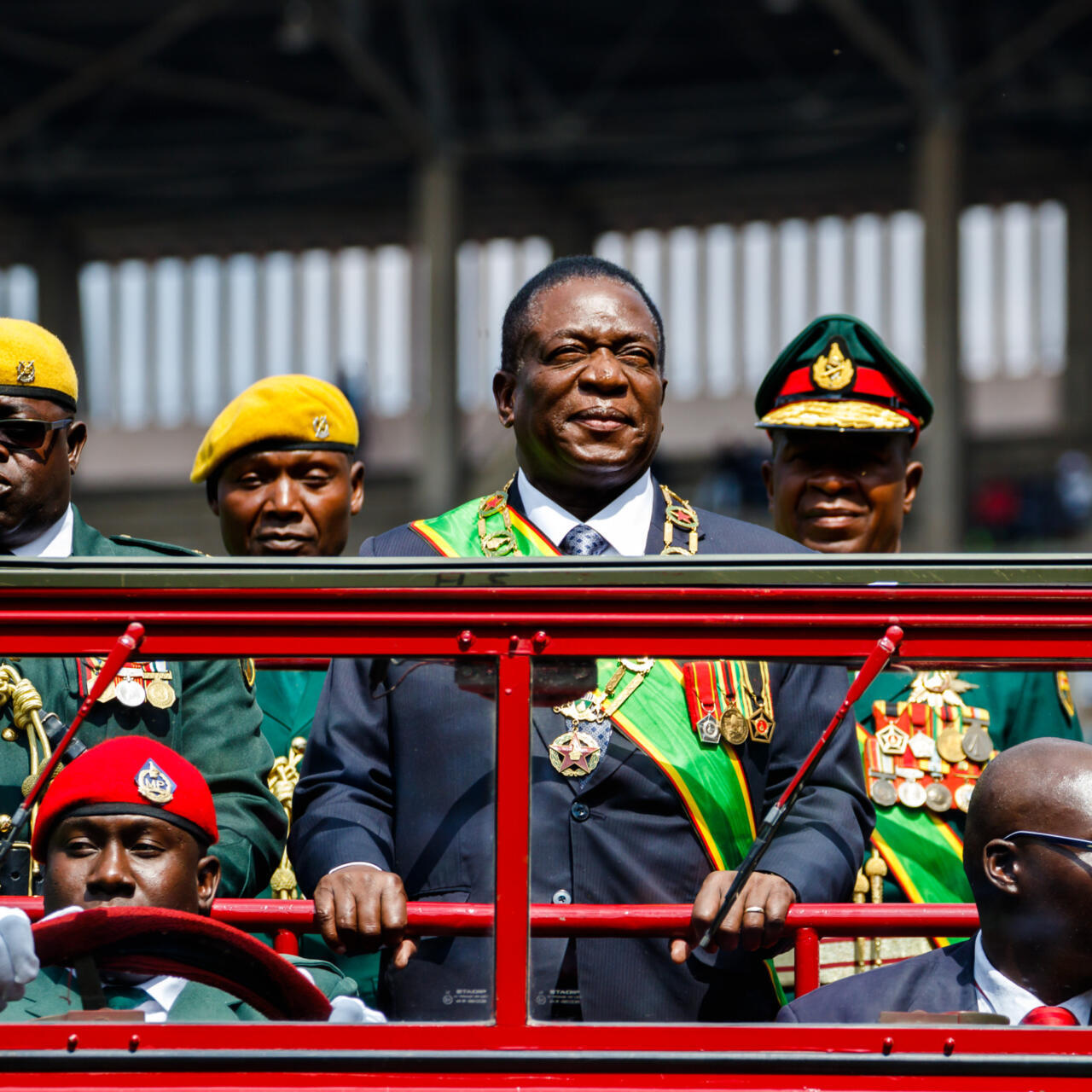The recent appointment of Lieutenant General Anselem Sanyatwe as Zimbabwe’s Minister of Sport, Recreation, Arts, and Culture has sparked debate, particularly regarding the extent of presidential power and whether an appointee has the ability to refuse such a position.
The conversation has gained traction on social media, with many questioning whether the move aligns with the country’s Constitution.
The President of Zimbabwe has broad authority in appointing ministers, as outlined in Section 104(3) of the Constitution, which permits the appointment of ministers from outside Parliament. This provision grants the President the legal foundation to assign roles to individuals he deems fit for government service, including those from the military.
Furthermore, the executive discretion granted to the President allows for such appointments as part of the broader governance structure. However, the appointment of a recently retired military officer to a ministerial position is noteworthy, given the close relationship between Zimbabwe’s military and political structures.
Can Sanyatwe Refuse the Appointment?
In theory, an individual may decline a ministerial post. However, in practice, refusing a presidential appointment carries potential political and social consequences, particularly in Zimbabwe, where military and political interests are often intertwined. An outright refusal could be perceived as a challenge to executive authority, which may have far-reaching implications.
From a legal standpoint, the ability to refuse a ministerial position depends on Zimbabwe’s laws regarding public service appointments. Importantly, Sanyatwe’s appointment came alongside his retirement from the Zimbabwe Defence Forces and his removal as Commander of the Zimbabwe National Army. This suggests that his transition to a civilian ministerial role was a deliberate executive decision rather than a voluntary move.
Political and Social Context
The appointment follows the departure of Kirsty Coventry, who left the role after securing a position within the International Olympic Committee. This created a vacancy that the President filled using his constitutional authority.
However, beyond the legal framework, the political and social dynamics surrounding Sanyatwe’s appointment play a crucial role. Zimbabwe has a history of high-ranking military figures transitioning into government positions, a pattern that has led to ongoing discussions about the militarization of civilian governance.
So…
President Mnangagwa’s appointment of Lt Gen Sanyatwe appears to be constitutional, as it aligns with the provisions of the Zimbabwean Constitution. However, the broader implications—such as the blurred lines between military and civilian governance, the practical ability of an appointee to refuse, and the political messaging behind such a decision—remain topics of intense debate.
Ultimately, while the appointment may be legally sound, its impact on Zimbabwe’s governance landscape will be determined by how it is received both domestically and internationally.

For comments, Feedback and Opinions do get in touch with our editor on WhatsApp: +44 7949 297606.
